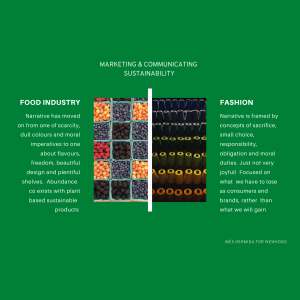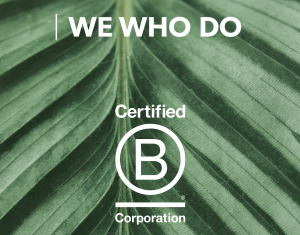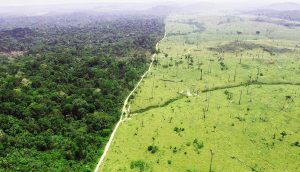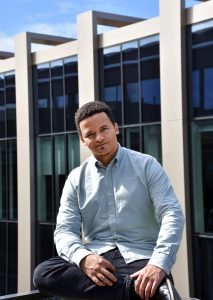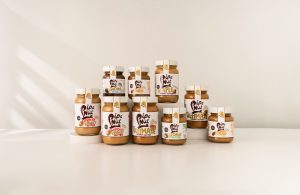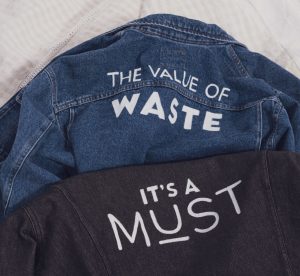In our conversation (in full at the end of the article), we unpack the key similarities and challenges, the reasons as to why food is ahead of the curve and some key takeaways for any fashion professionals today!
While both food and fashion are consumer products that follow key trends and ultimately rely on the end consumer habits to shape what the industry looks like, it seems as though food jumped on the green bandwagon a whole lot earlier.
With around $2.1 billion being invested in plant-based companies, the food industry in 2020 saw an ever increasing equity investment (UKRI, 2021). In comparison, the fashion industry is seen as significantly less sustainable with fashion shops having a sustainability rating of only around 23% (Sustainable Consumption in the UK, 2021). While there is an attempt within the fashion industry to move towards more sustainable practices, with some retailers aiming to increase their use of recycled materials by 25% (House of Commons, 2019), this is not moving fast enough within the scale of the fashion industry.
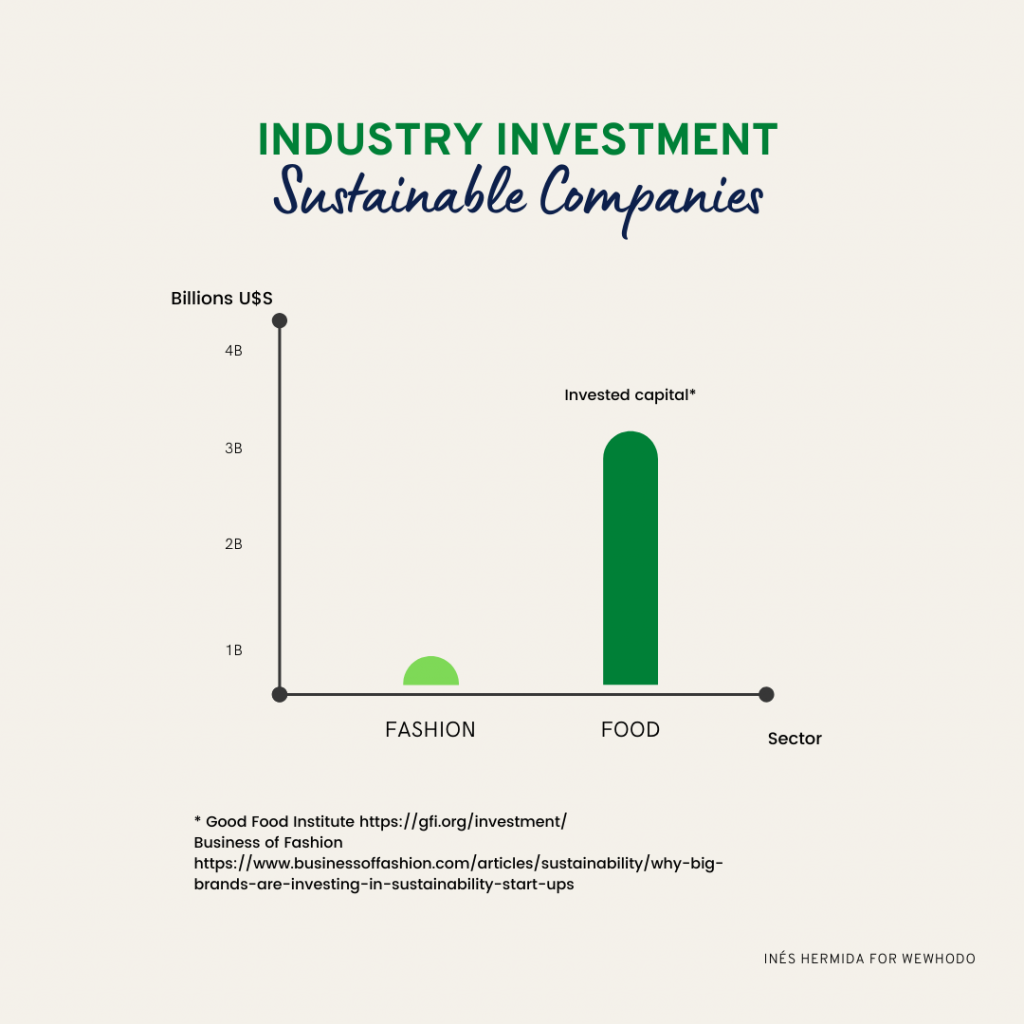
In reflection on common challenges, there are two main barriers Inés says span across both industries: regulation and consumer behaviour. Despite everyone talking about the need to regulate and enforce standards, personally Inés would like to shift the focus of industry conversation away from regulation as it becomes so easy to start the blame game towards policy-makers and detract accountability away from the industry. Instead, she says we need to focus on the second aspect which lies within industry’s scope of control: the demand from consumers. Consumers have empathy for workers rights, care about waste, value durable clothing and take note about the disposable end of life of goods. Consumer behaviours can be encouraged, shaped and defined, as we’ve seen happen for the food industry. Inés holds out hope for a very similar path for fashion companies towards educating the consumer and creating a demand for a better product.
Inés’ diagnosis is a 15-year lag behind the food industry, which she boils down to two factors: the importance of health and granularity of consumer attention to the supply chain. The food industry has had the advantage that food is extremely linked to our health. This country in particular has dealt with the mad cow disease outbreak, the discovery of trans fats, and effects of hydrogenated fats on our health as well as the emergence of nutritionists in celebrity culture. They have all contributed to a new consciousness around food. Ines notes that fashion has not yet established the same tie to health – not that there isn’t one! Synthetic fibres from clothing make up a significant part of samples of microplastics found within fish and shellfish in the food chain, with around 20-35% of microplastics found in marine ecosystems coming from synthetic clothes (House of Commons, 2019).
Secondly, Inés tells us that while a demand for granularity and transparency in the food supply chain has been in the mind’s of consumers for a long time now, there is no such desire for fashion. People want to understand how food is made and have been trained to look beyond the brand, read the ingredients and understand what they are and how they impact you. Inés contends that fashion is at a stage in which the brand name takes precedence while the components that make up the product are not looked at so carefully.
As a final thought, Inés believes that food has well and truly led the way. Key transformations such as opening up supply chains, nurturing inspirational figures and changing the conversation around food have all been a part of that. She hopes it’s just a matter of time until fashion catches up and we can all be inspired by looking at fashion change instead.
